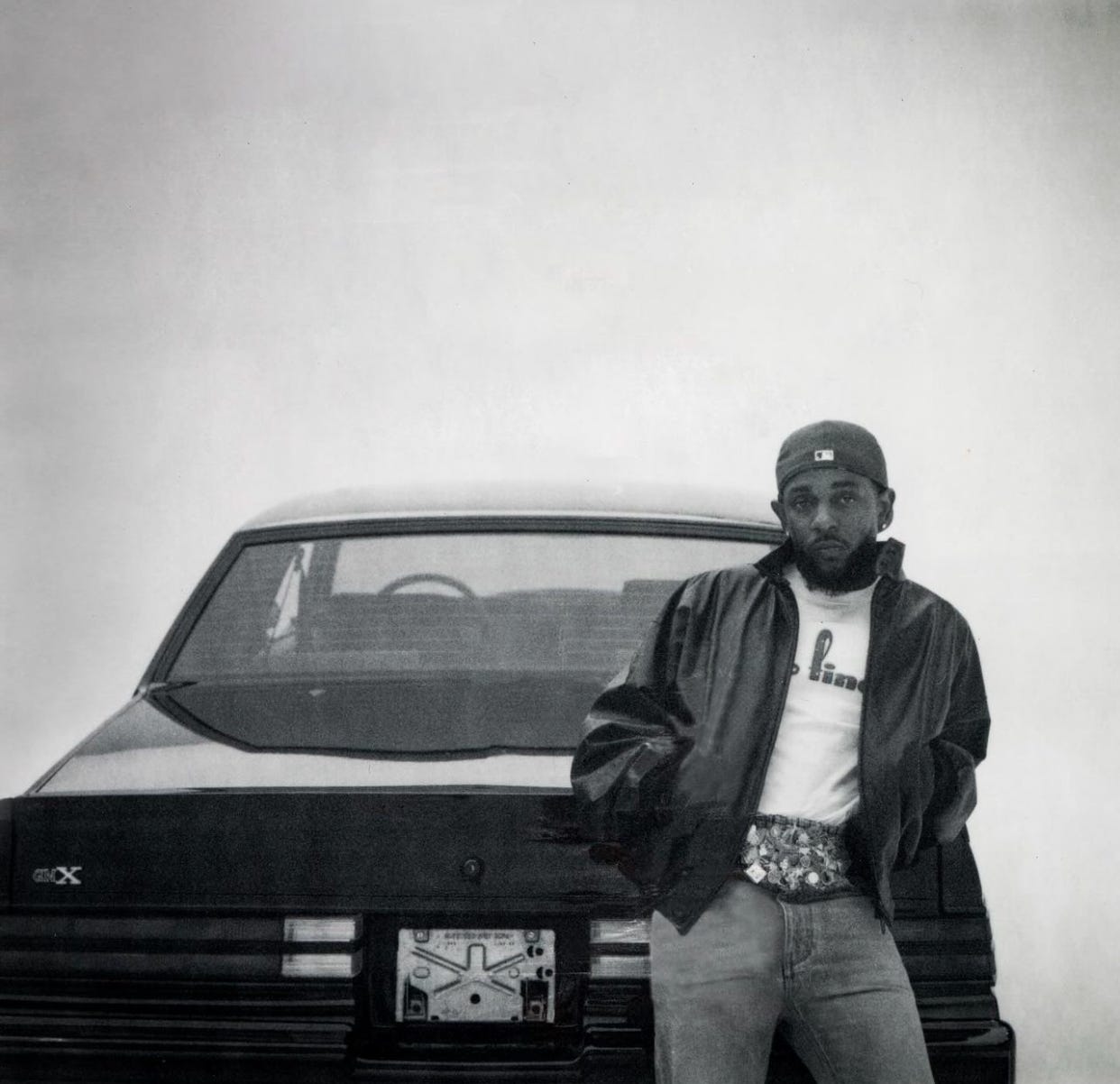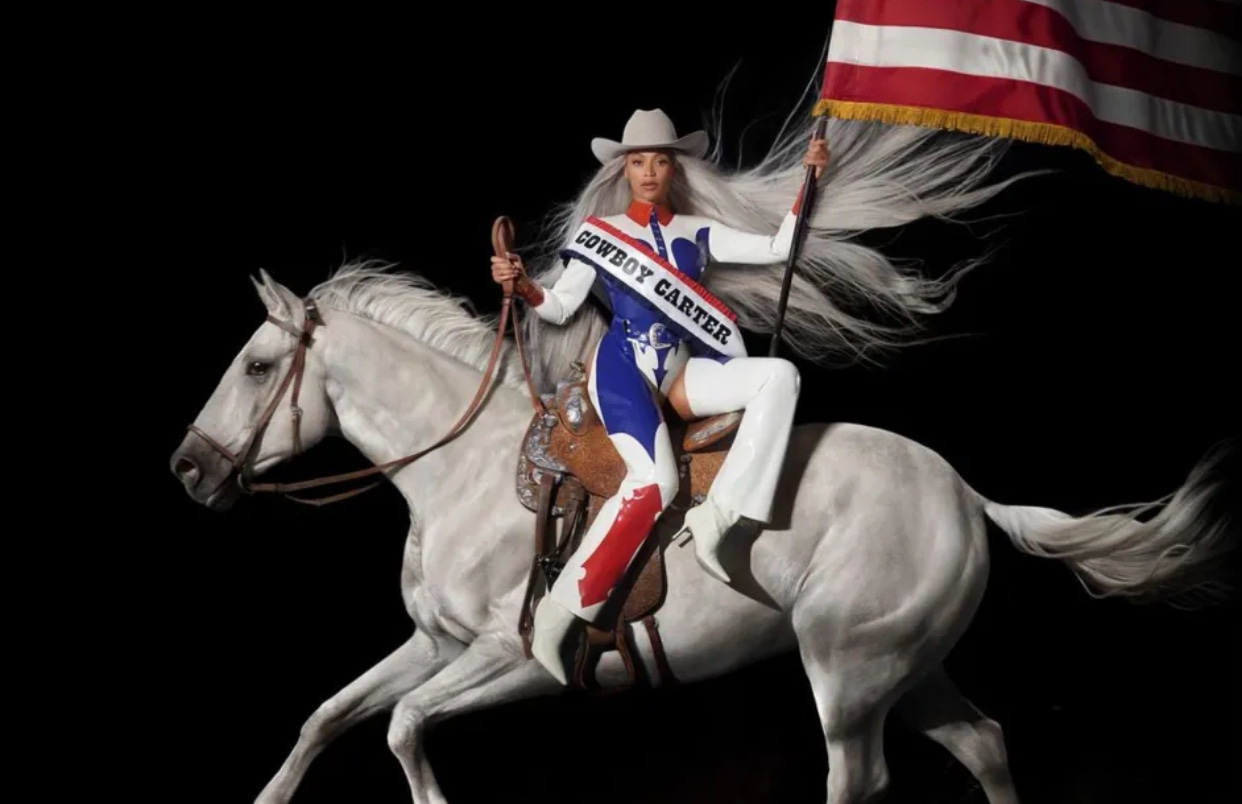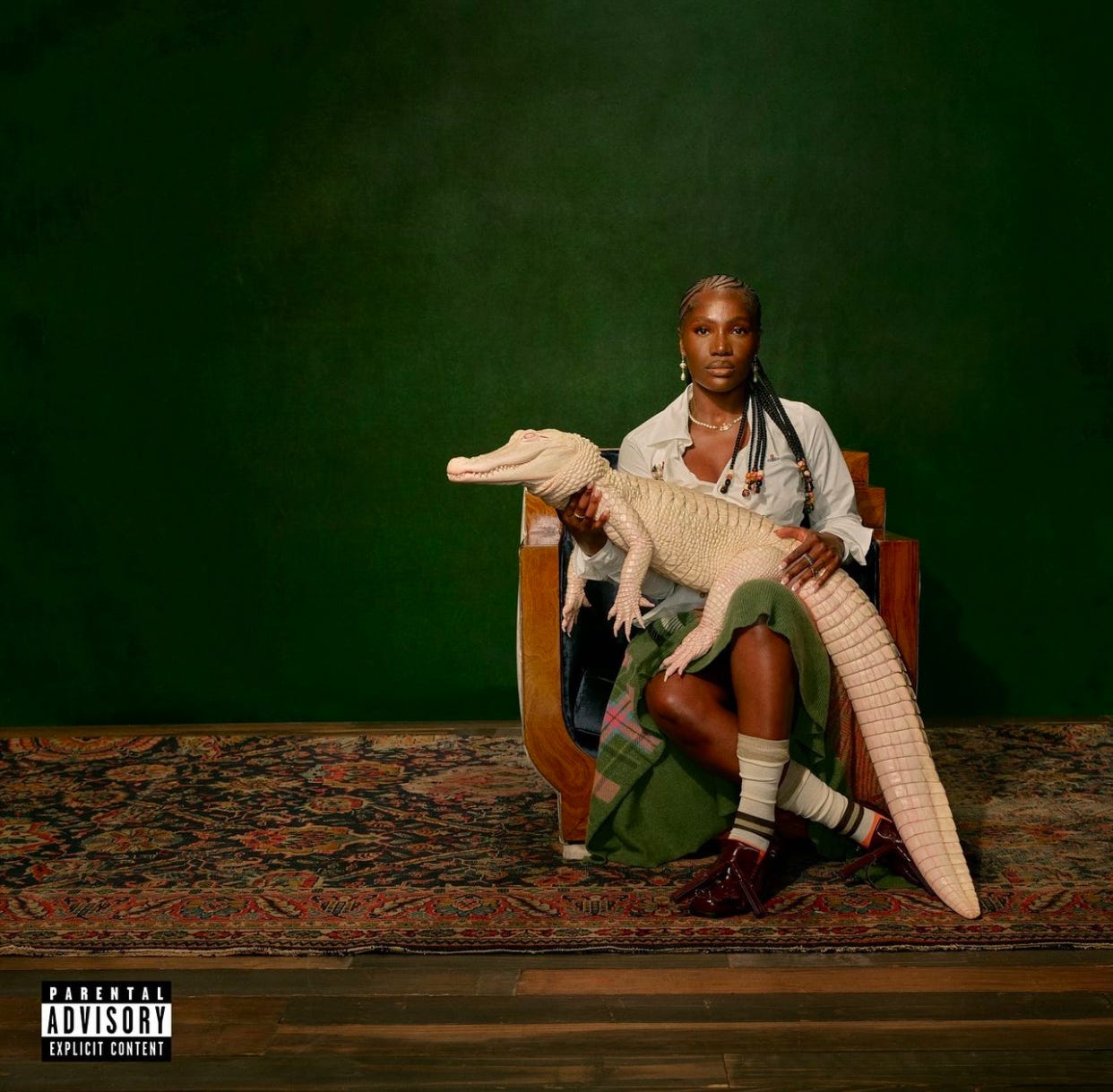The Culture Called and the Grammys Finally Answered
From Beyoncé to Kendrick, Black artists owned the Grammys.
The 67th Annual Grammy Awards gave hip-hop and R&B their flowers in a way some would say we’ve never seen. From history-making wins to powerful speeches, the award show properly shows how Black artists aren’t just in the game, but are the game. In case anyone needed a reminder, the culture is pop culture’s tastemaker.
Kendrick Lamar cleaned up with “Not Like Us,” winning Song of the Year, Record of the Year, Best Rap Song, Best Rap Performance, and Best Music Video. A diss track taking over the Grammys? The perfect example of how hip hop culture determines “what’s in” for pop culture. The win cemented Lamar’s status as one of the greatest to ever do it while reminding everyone rap isn’t just about beats and bars; It’s about moments that shake the culture.
Beyoncé did what Beyoncé does: make history without warning. Less than 24 hours after announcing the Cowboy Carter Tour, she became the first Black woman to ever win Album of the Year with ‘Cowboy Carter’ while also taking home Best Country Album and Best Country Duo/Group Performance with Miley Cyrus for “II Most Wanted.” The queen of reinvention is now a certified country music trailblazer showing genre lines are meant to be crossed.
SZA snagged Best R&B Song for her track “Saturn,” while Chris Brown won Best R&B Album for ‘11:11 (Deluxe)’—his first Grammy in 12 years. It was a moment of redemption for R&B lovers feeling the “Residuals” singer was blackballed out of winning the coveted award by those in power.
Muni Long bust the myth that going viral can’t lead to tangible success when she won Best R&B Performance for “Made for Me (Live on BET).”
Then there was Doechii who became only the third woman ever to win Best Rap Album for ‘Alligator Bites Never Heal.’ With Cardi B presenting the award, it felt like sitting front row at a passing of the torch ceremony.
Doechii passionately spoke to Black women in her acceptance speech, highlighting the importance of rejecting stereotypes placed on them and boldly owning their greatness. For Black women witnessing the win, Doechii was the hug from a sister after an emotionally draining day letting you know everything was going to be more than alright.
What These Wins Mean for the Music Industry
The Grammys have long struggled to properly recognize Black artists, but this year showed signs of real progress. Beyoncé’s win shattered an outdated barrier. Kendrick’s sweep proved hip-hop’s storytelling still reigns supreme. Doechii’s moment signaled that women in rap are stepping into their power in a major way without sacrificing who they are to get there.
These wins also reflect a shift in what listeners are craving. People want music that tells a story, moves culture, and isn’t afraid to push boundaries. The success of ‘Cowboy Carter’, ‘Not Like Us’, and ‘Alligator Bites Never Heal’ isn’t just about awards—it’s about what’s resonating with audiences.
If this year’s Grammys made anything clear, it’s this: the industry is evolving and Black artists aren’t just part of the conversation—they are the conversation.






